
From diagnostic tips to regulatory updates, explore comprehensive resources for diesel engine owners, fleet managers, and maintenance professionals. Get insider knowledge on diesel performance, troubleshooting guides, and industry best practices that drive results.



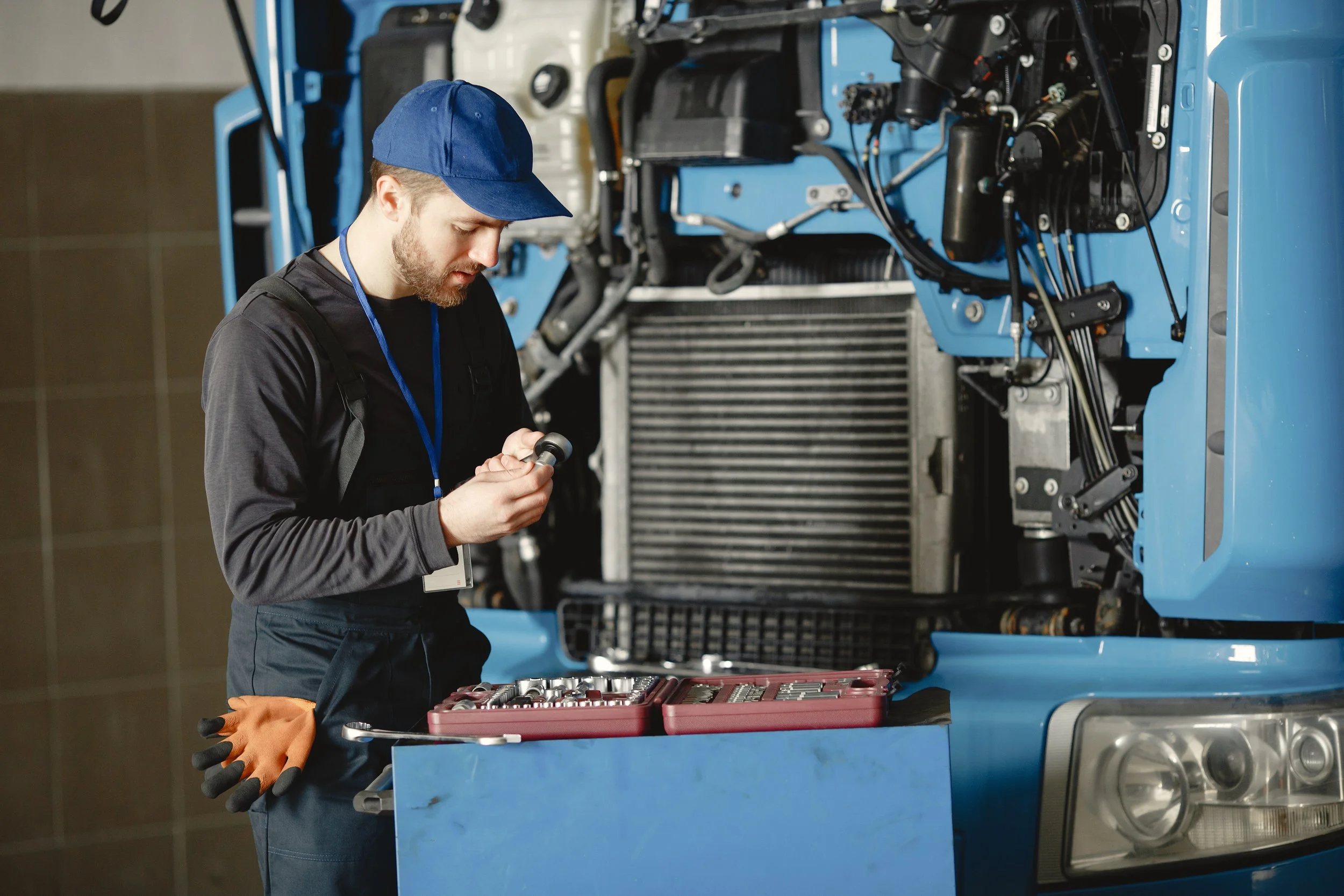

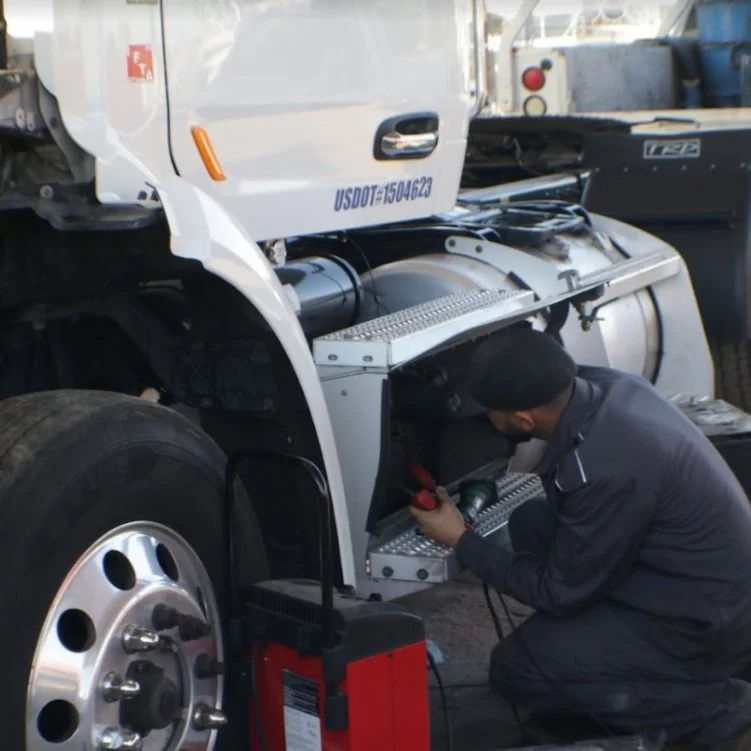




Enhancing Fleet Stability with Expert Suspension Repairs
Fleet stability plays a crucial role in the safety and performance of heavy-duty vehicles.

Advanced Hydraulic System Maintenance For Fleet Efficiency
Hydraulic systems serve a critical function in the operation of heavy-duty trucks, powering essential functions such as lifting, steering, and braking.
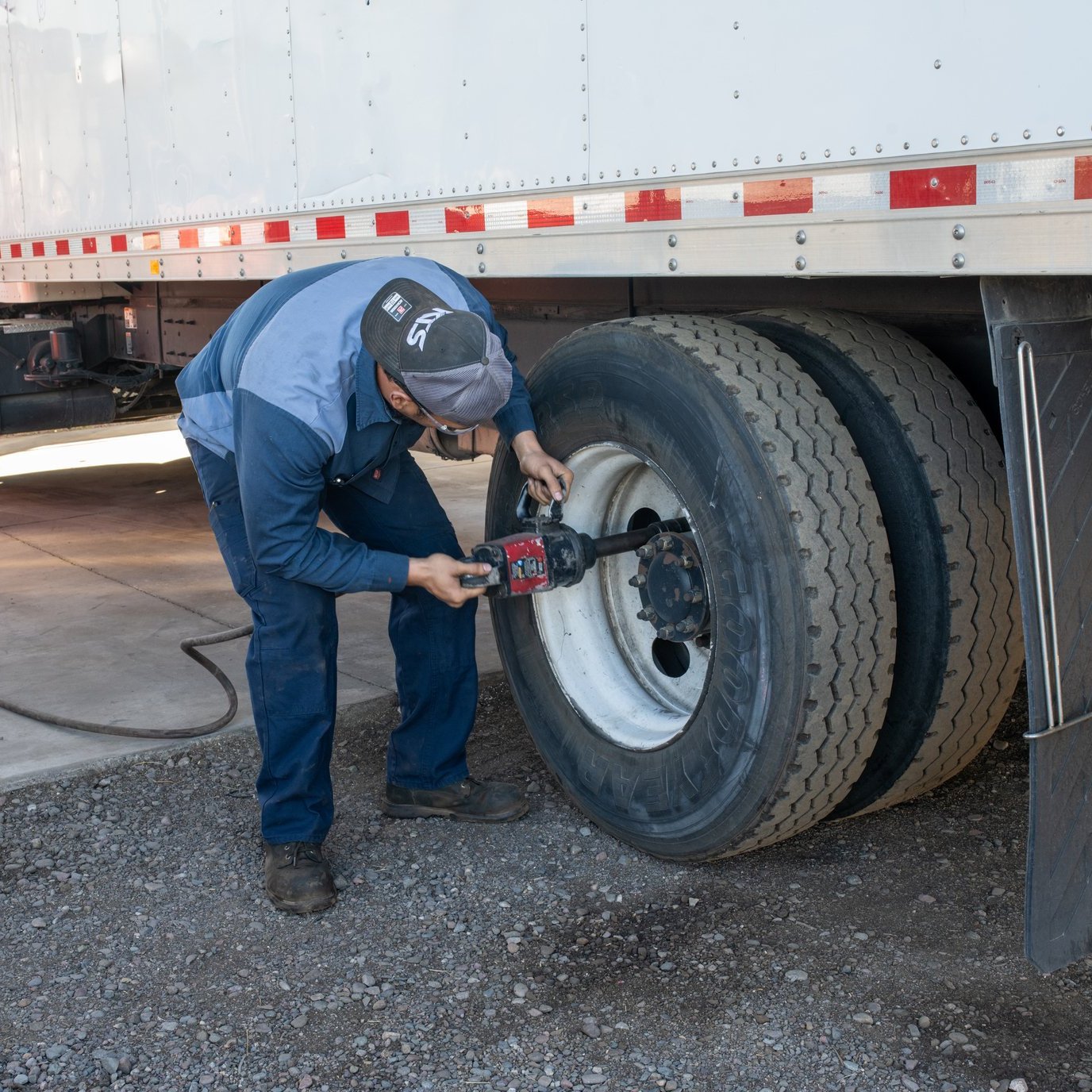
Advanced Oil and Lube Care for Heavy-Duty Fleets
In the world of heavy-duty trucking, maintaining engine efficiency is crucial for seamless fleet operations.
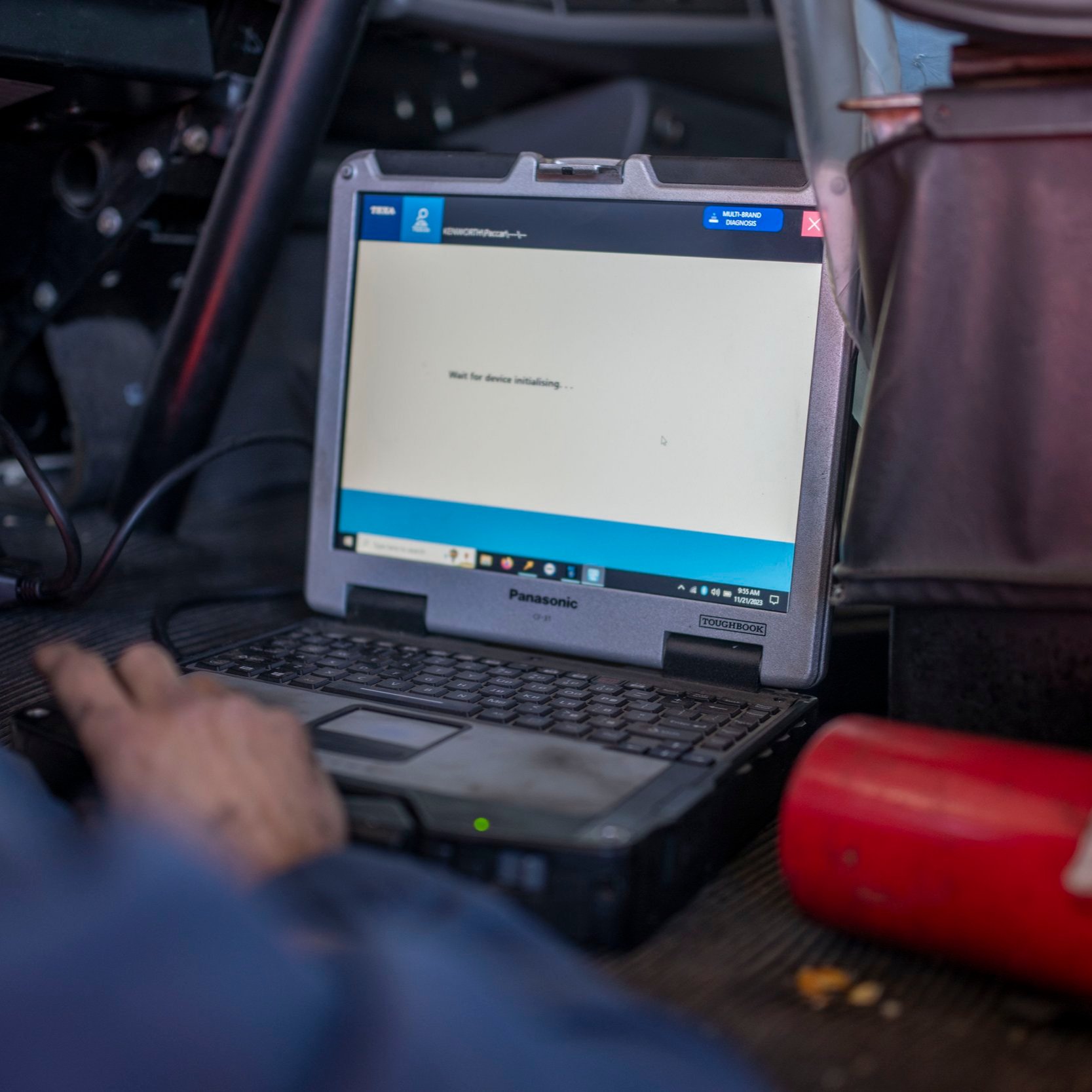
Addressing Dashboard Alerts with Precision Diagnostics
Dashboard alerts serve as a vital communication tool between the driver and the vehicle.
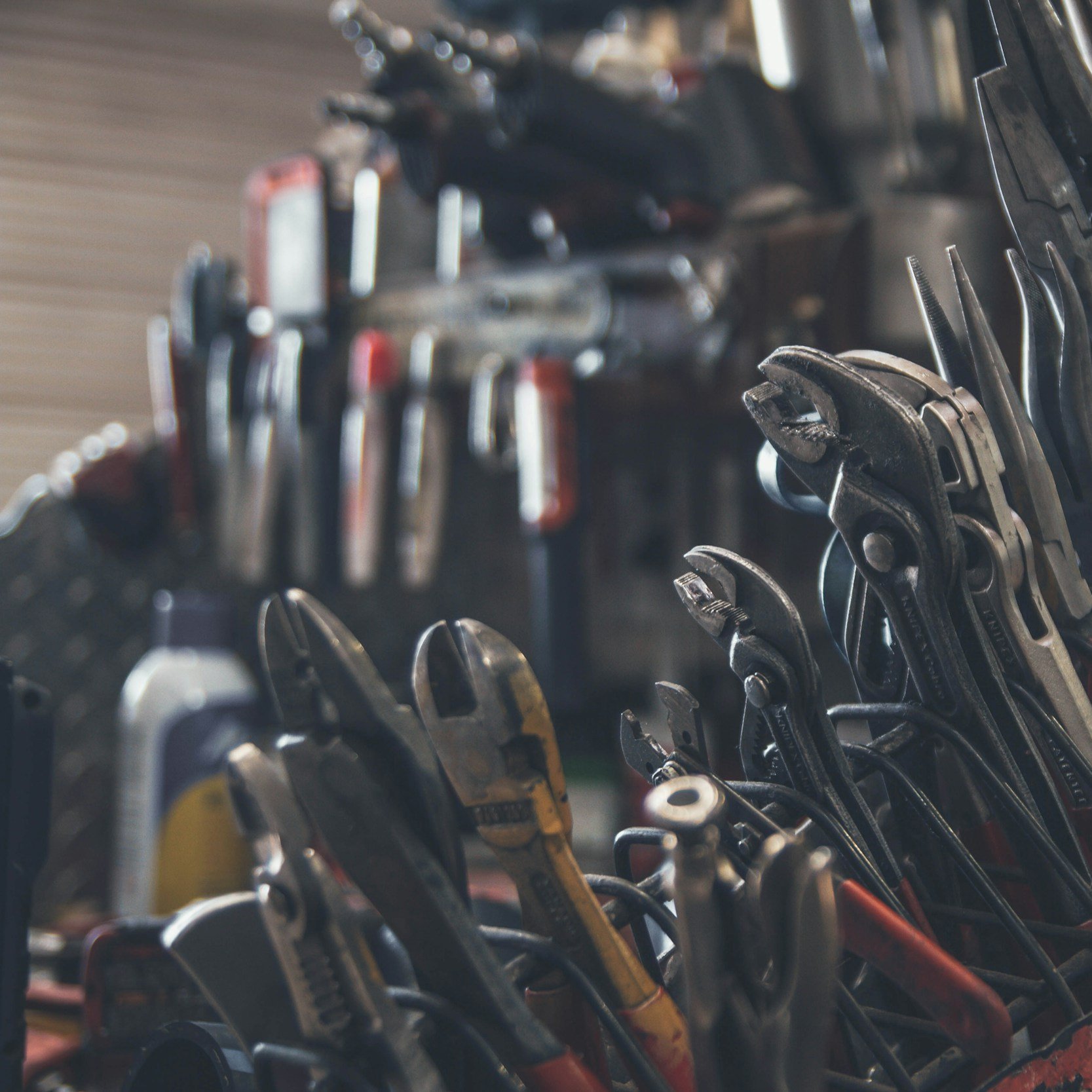
Reliable Operations With Advanced Electrical System Repairs
The electrical system is a critical component in modern heavy-duty trucks, supporting everything from engine performance to safety features.
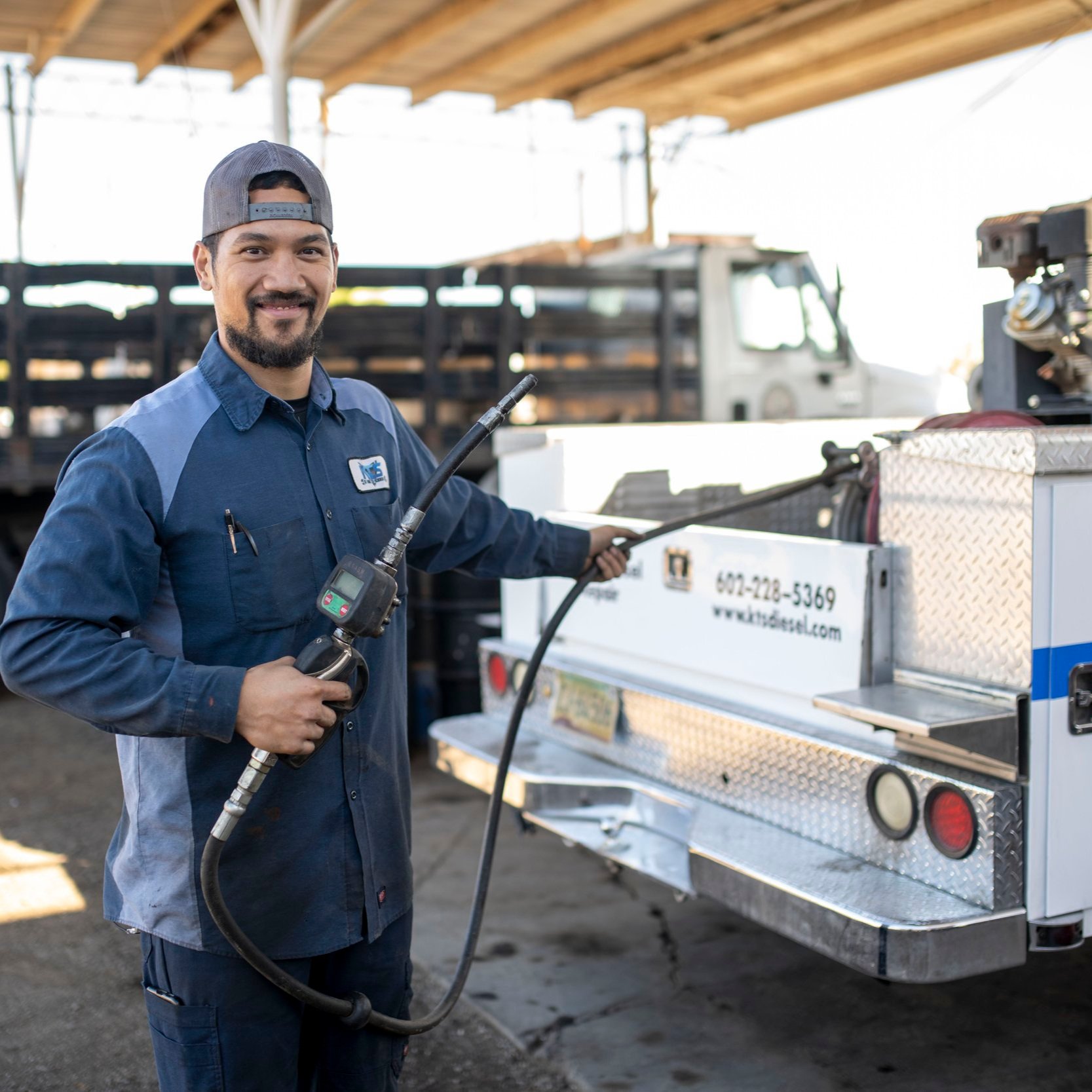
Maximizing Engine Performance with Expert Oil and Lube Services
In the world of heavy-duty trucking, engines are the lifeblood of fleet operations.

The Hidden Costs Of Upgrading To Electric Fleet Vehicles
Transitioning to an electric fleet offers numerous benefits, from reduced emissions to potential fuel savings.

KTS Rolls Out Mobile Quality Check—At No Extra Cost!
At KTS, we’re constantly raising the bar when it comes to fleet truck repair and maintenance.
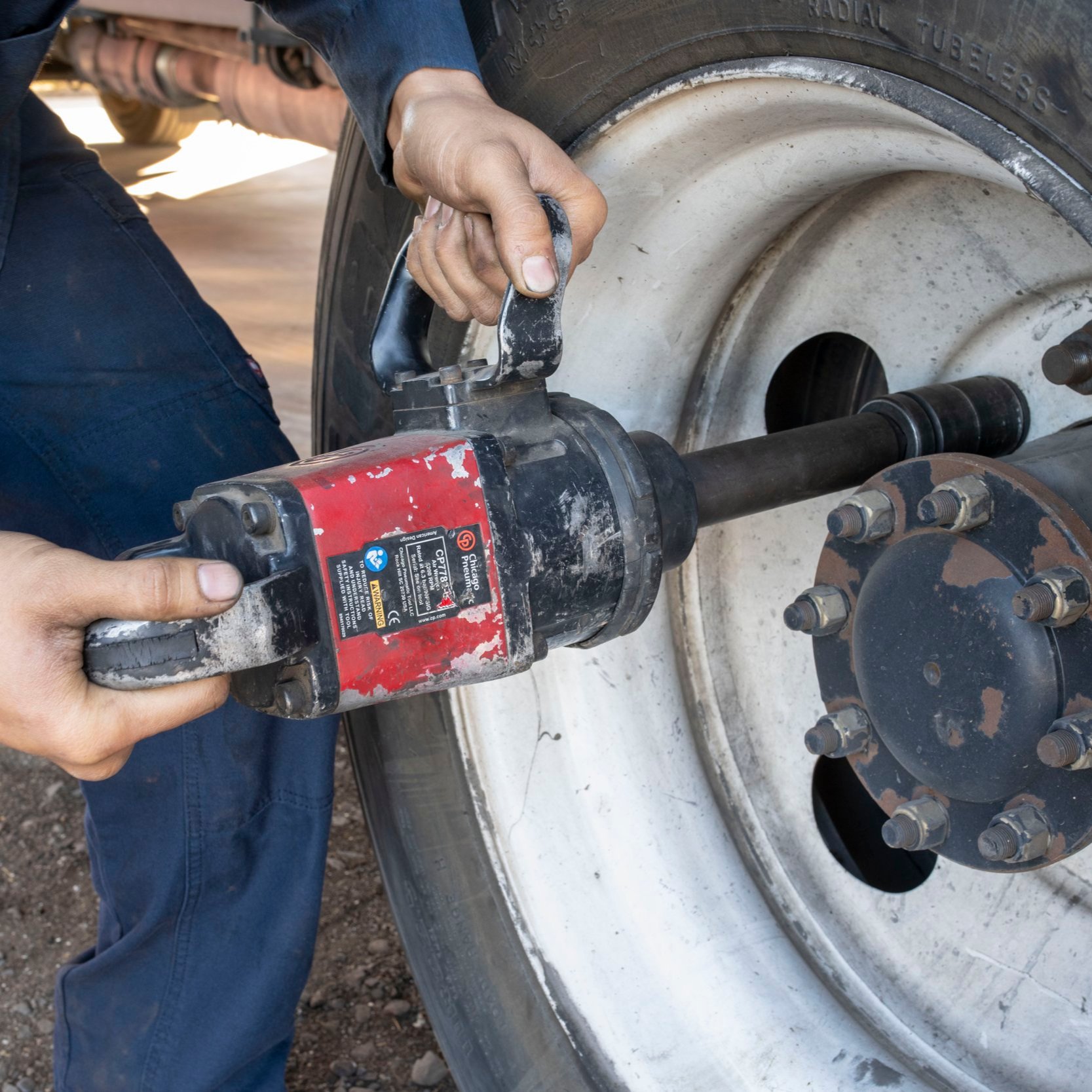
The Impact Of Proper Tire Alignment On Fuel Efficiency
Tire alignment is often overlooked but plays a significant role in maintaining vehicle performance and fuel efficiency.

Signs It’s Time to Replace a Fleet Vehicle
Knowing when to retire a fleet vehicle is as much about numbers as it is about operational needs.
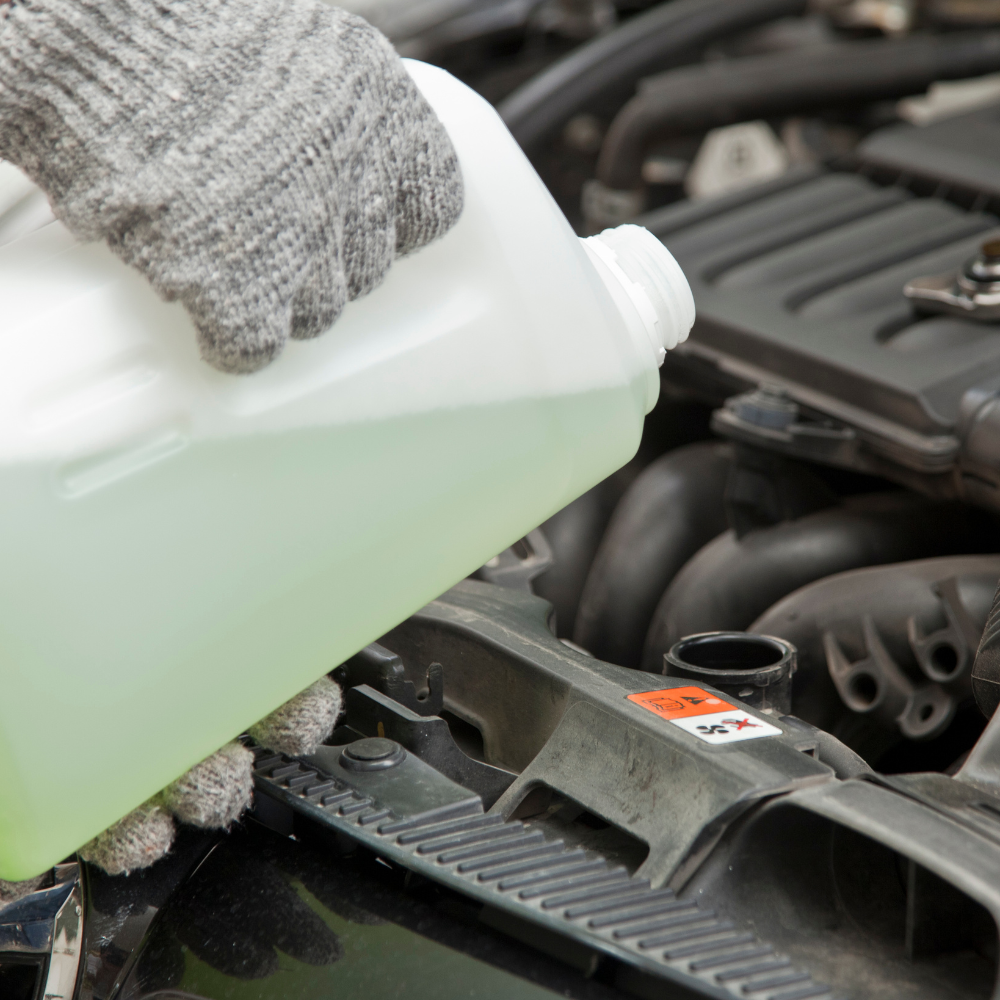
Understanding the Role of Coolants in Diesel Engine Performance
Partnering with a diesel repair expert can help address coolant-related issues and maintain optimal engine performance.
